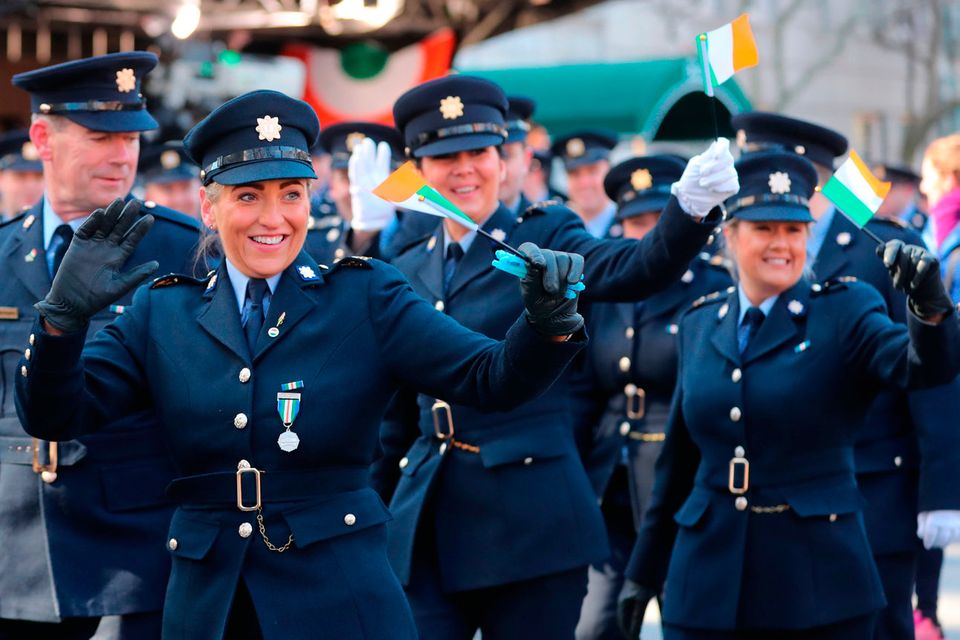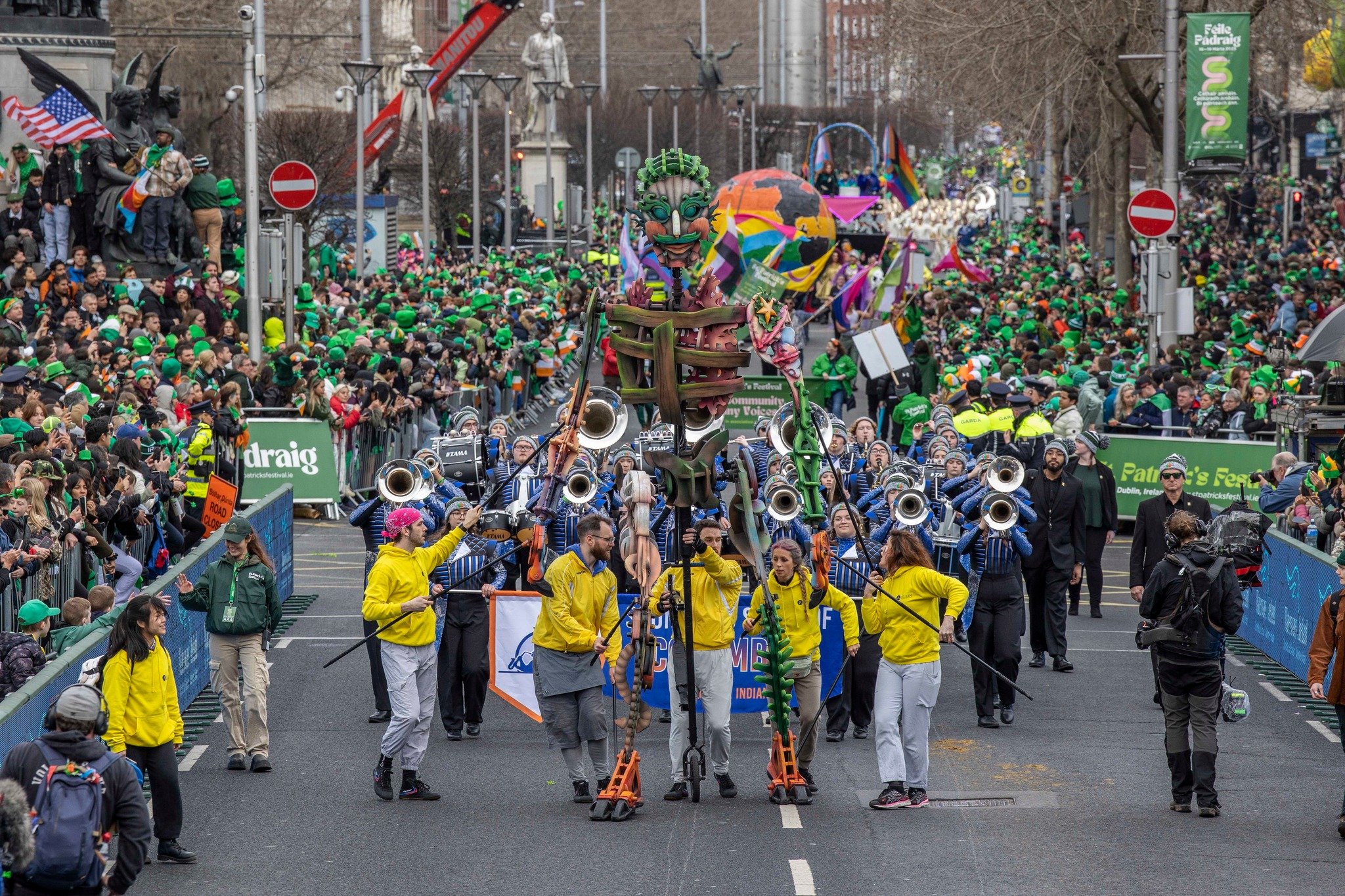Islamist terror group ISIS has issued chilling threats targeting St. Patrick’s Day celebrations in Ireland, raising alarm as the annual festivities approach on March 17, 2025. Europol and An Garda Síochána are scrambling to monitor the situation, but the jihadist warnings—circulated in online propaganda—have left Irish authorities and the public on edge, according to exclusive reporting by Gript News.
The threat emerged in late 2024, when Europol flagged “terrorist propaganda material” featuring explicit jihadist threats against Ireland, specifically naming St. Patrick’s Day events as potential targets. A graphic shared on extremist platforms depicted a gunman’s hand holding a pistol, accompanied by the chilling message, “Don’t wait for a new year to take action!” The list of 10 high-profile events across Europe and America included Ireland’s St. Patrick’s Day parades, alongside cultural gatherings like the Glastonbury Festival in the UK and Oktoberfest in Germany, as reported by German outlet Bild. German security sources have taken the threat seriously, citing recent Islamist incidents, while Irish authorities are now under intense pressure to act.
In a statement to Gript this week, Gardaí confirmed they are “aware of an online posting inciting attacks on behalf of IS [Islamic State, also known as ISIS].” The posting, according to the Garda, referenced “a number of high-profile events/occasions throughout Europe, including ‘St Patrick’s Day (Ireland) (Europe).’” While Gardaí refused to provide detailed lines on the “unverified material,” their acknowledgment signals a heightened state of vigilance ahead of the parades, which draw massive crowds to Dublin and other cities.
Europol’s Terrorism Situation and Trend Report 2024, cited by Gript in January, warned of a surge in jihadist terror-related arrests across Europe, with Ireland seeing a doubling of such figures compared to 2023. The EU agency described the propaganda as aimed at “radicalising and recruiting individuals to terrorism and violent extremism,” underscoring the severity of the threat. This follows a similar warning in February 2025, when Austrian news outlet Kronen Zeitung reported heightened security at a Vienna event due to ongoing Islamist threats across Europe, linked to the Islamic State-Khorasan (IS-K) faction.

Gript reached out to the St. Patrick’s Festival organizers, who emphasized that “the safety of festival attendees is of paramount importance.” They confirmed close collaboration with An Garda Síochána, taking “all and any advice” to secure the event. However, the Garda’s cautious response—declining to elaborate on the threat—has fueled frustration among some Irish citizens, who fear a repeat of past terrorist incidents in Europe, such as the 2017 London Bridge attack or the 2016 Nice truck attack.
The timing couldn’t be worse. St. Patrick’s Day, Ireland’s most iconic cultural celebration, attracts hundreds of thousands of locals and tourists to parades, festivals, and public gatherings nationwide. Dublin’s parade alone draws over 500,000 spectators annually, making it a prime target for high-impact attacks. Gript’s sources within security circles suggest Gardaí are deploying additional resources, including anti-terrorism units, and revisiting strategies from 2018, when large vehicles like fire trucks were used to shield parade routes in Dublin following similar threats.
Critics, including some Gript readers, argue that Ireland’s open immigration policies have exacerbated the risk, with one commenter noting, “It never entered anyone’s head to attack a St. Patrick’s Day parade until Ireland was filled with the dregs of the prisons of Africa and the Middle East.” While Gript does not endorse such views, the sentiment reflects growing public unease about security and integration, especially as jihadist propaganda increasingly targets Ireland.
With just over a week until St. Patrick’s Day, the stakes are high. Europol and Gardaí are racing against time to assess the threat’s credibility and protect Ireland’s cherished national celebration.
